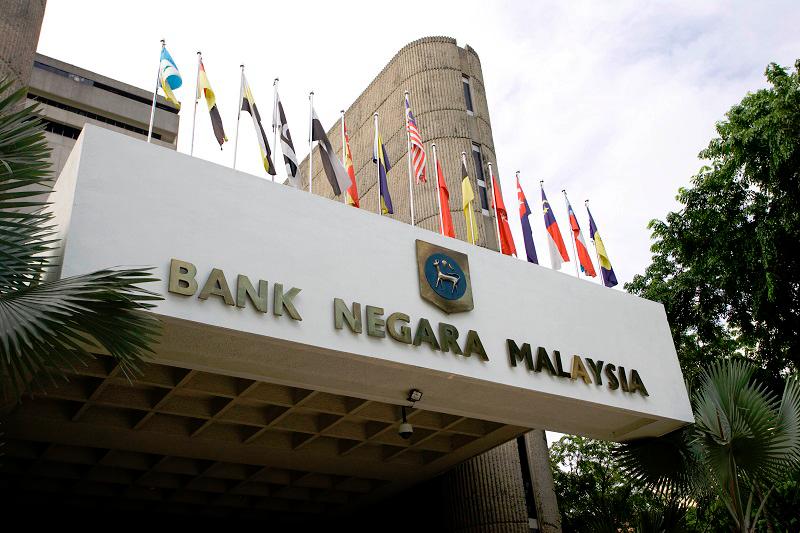KUALA LUMPUR: Malaysia’s financial market conditions in the second half of 2022 (H2’22) remained orderly amid heightened volatility in the global financial markets, Bank Negara Malaysia (BNM) said.
The central bank, in its Financial Stability Review report for H2’22 released today, said the global financial conditions tightened in the second half of last year as major central banks aggressively increased policy rates to combat elevated levels of inflation.
“Banking system stresses in some advanced economies have resulted in further volatility in the bond and equity markets globally.
“These global developments also affected the Malaysian financial markets, resulting in higher volatility observed in the foreign exchange, bond and money markets,” it said.
Domestically, it shared that the financial market stress index rose to levels last seen in mid-2020, but remained well below the peak observed at the onset of the pandemic in March 2020.
“Despite the heightened volatility in domestic financial markets, market conditions have remained orderly with the smooth intermediation of two-way flows in the bond and equity markets.
“This has supported fundraising by businesses through the capital market,” it said.
BNM said liquidity in the government bond market remained healthy in H2’22.
“Notably, liquidity conditions in the banking system have been largely unaffected by the with-drawal of regulatory flexibilities provided during the pandemic and recent banking stress in the United States and Europe,” it said.
On the equity market, BNM said an easing in global financial conditions towards the end of 2022, stronger domestic economic activity and positive investor sentiment amid an orderly political transition following the 15th general election lent some support to equities in the fourth quarter of the year.
“For 2022 as a whole, non-residents were net buyers in the domestic equity market (net inflow of RM4.4 billion) after recording four consecutive years of net outflows since 2018,” it said.
Corporate bonds remained an attractive investment instrument for investors in the second half of 2021, said BNM.
Gross corporate bond issuances rose sharply (August 2022-January 2023: RM94.7 billion; August 2019-January 2020: RM48.8 billion), driven mainly by a large issuance by a major toll road operator in December (RM25.2 billion).
In the FX market, movements in the ringgit continued to be influenced by external factors amid an evolving global growth and inflation outlook, said BNM.
The ringgit recorded its all-time closing low of 4.7480 versus the US dollar in early November 2022 as the greenback rose to a 20-year high following the aggressive monetary tightening by the US Federal Reserve.
The ringgit subsequently strengthened towards the end of 2022 mainly on signs that the Fed might slow the pace of its policy tightening.
“Adjustments to the ringgit have been orderly, supported by sustained liquidity in the onshore foreign exchange market.
“This will continue to help businesses and market participants manage their foreign exchange exposures,” it said. – Bernama













